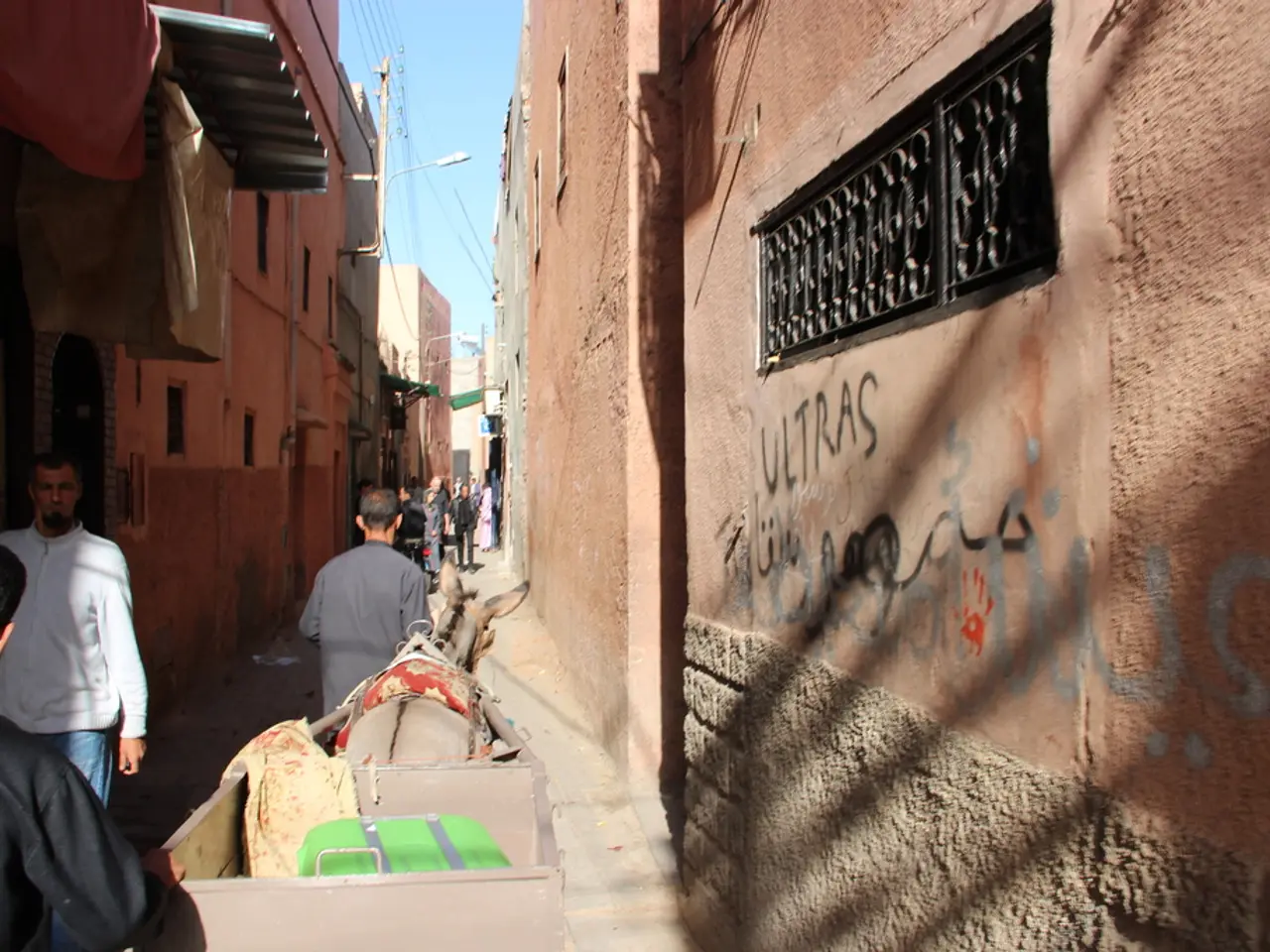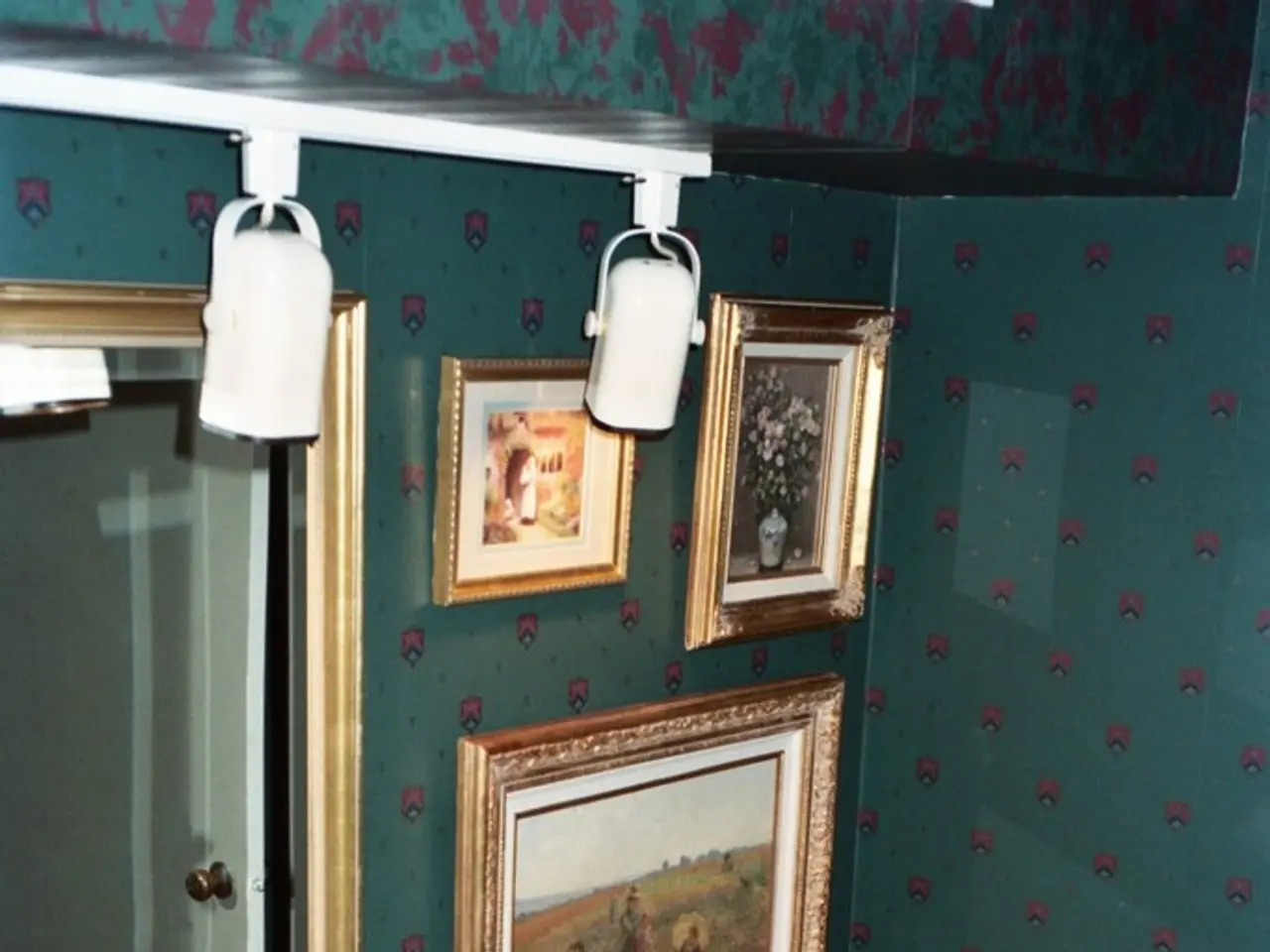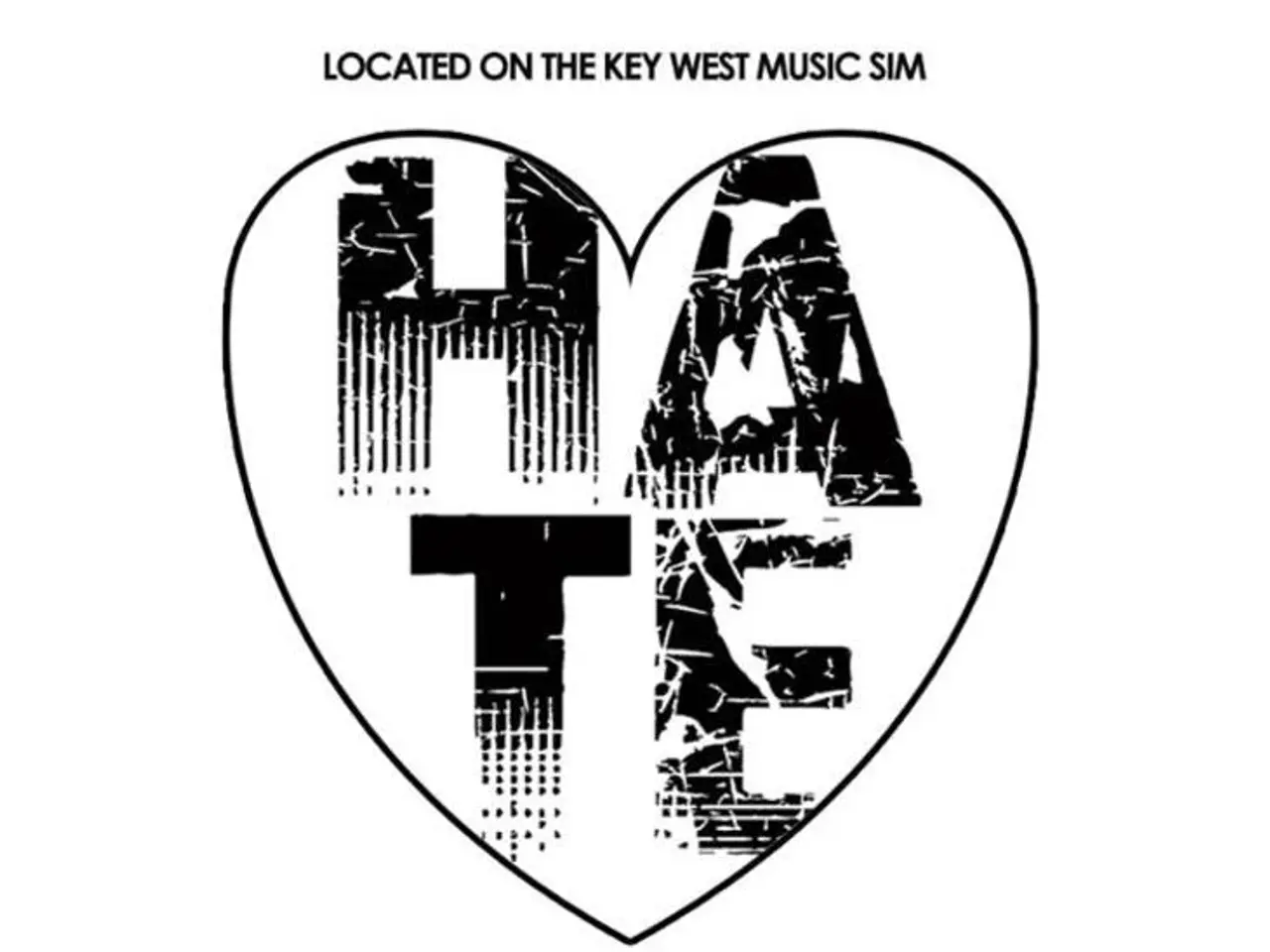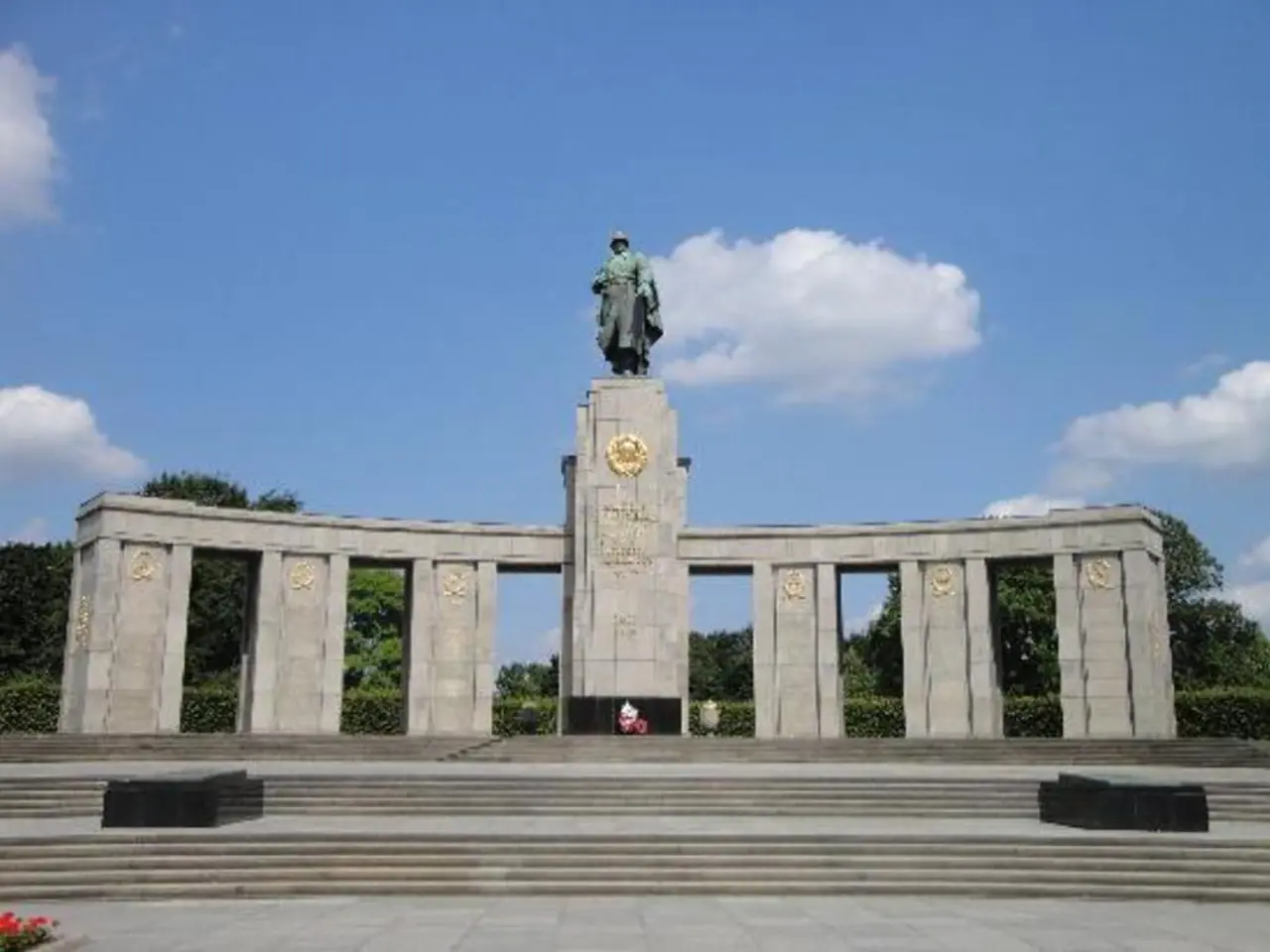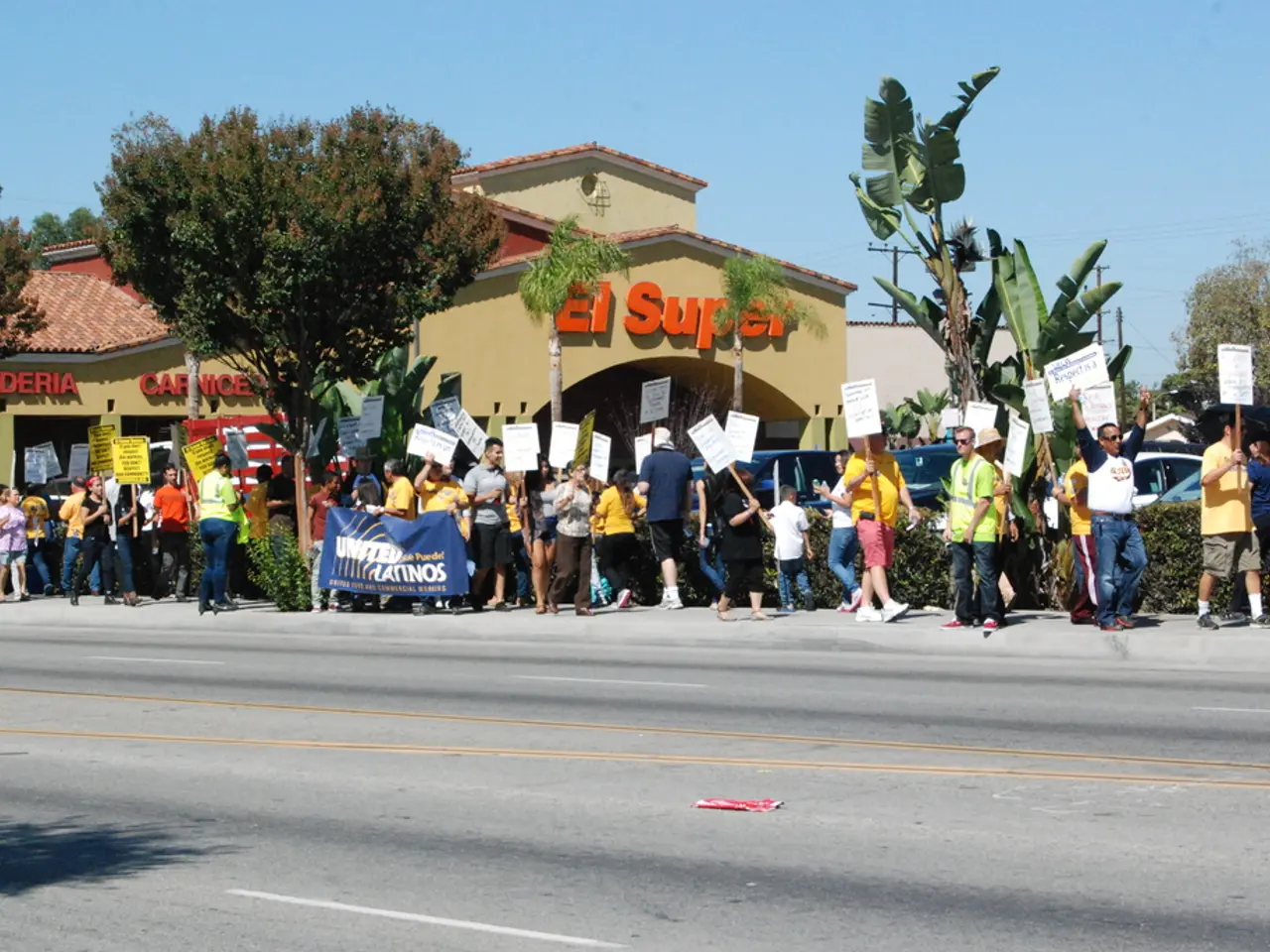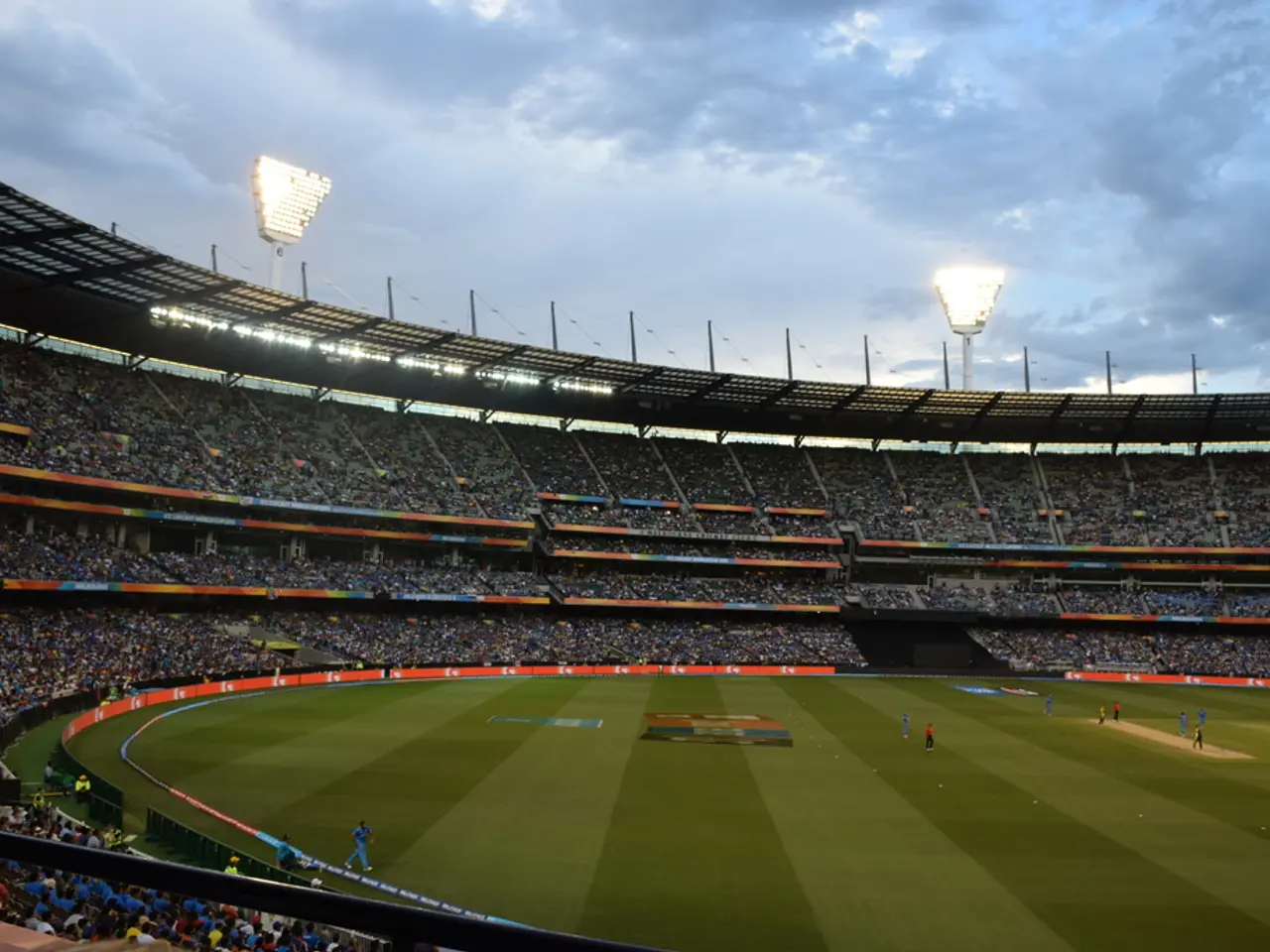Congo (DR) and Rwanda announce plan for mineral extraction and economic collaboration
DRC and Rwanda Implement Economic Cooperation Agreement for Peace and Transparency
The Democratic Republic of Congo (DRC) and Rwanda have recently begun implementing a new economic cooperation agreement as part of the Washington Accord peace deal signed in mid-2025. This agreement focuses on collaborative efforts in key sectors such as mining, infrastructure, tourism, and public health, and includes a specific commitment to stop illegal mining activities that have historically fueled conflict in eastern DRC.
The joint economic projects are expected to improve regulatory oversight and integrated management of mineral resources, thereby enhancing transparency and reducing the role of illicit mining operations. This is particularly significant for critical minerals like coltan and lithium, which are central to regional conflict and global supply concerns.
The cooperation deal targets the mineral-rich regions where conflict-driven illegal mining has been prevalent. The involvement of the U.S. government in facilitating the accord suggests an emphasis on integrating international economic projects with stringent compliance standards, likely improving transparency to global markets.
Under the agreement, the DRC and Rwanda have agreed to coordinate in areas including energy, infrastructure, mining, national park management and tourism, and public health. The economic integration framework is designed to introduce greater transparency into supply chains for these critical minerals. The effective date for the economic integration framework is by the end of September.
The peace deal, aimed at ending decades of conflict in eastern Congo, was overseen by the United States. On Thursday and Friday, representatives from the DRC and Rwanda, alongside observers from the United States, Qatar, and the African Union, held their first meetings in Washington since signing the peace deal.
However, the UN says thousands have been killed in the recent unrest and hundreds of thousands displaced. Analysts remain sceptical about the chances of long-term peace while militias still hold sway in much of eastern DRC. Rwanda denies providing military support to the M23 but says its security has long been threatened by the presence in the region of the Democratic Forces for the Liberation of Rwanda (FDLR), established by ethnic Hutus linked to the massacres of Tutsis in the 1994 Rwandan genocide.
The M23 and the DRC have set deadlines for talks on a comprehensive peace accord. Kinshasa and the M23 have given themselves until August 8 to start talks on a comprehensive peace accord, to be signed by August 17. Analysts view such deadlines as unrealistic, especially given the M23's reluctance to withdraw from areas it controls.
Two days earlier, the Kinshasa government inked an agreement with US group Kobold Metals, which could potentially boost the DRC's mining sector and contribute to the peace process by providing a legal and sustainable alternative to illegal mining operations.
The peace agreement has been welcomed by the African Union and the United Nations, but only time will tell if it will bring lasting peace and stability to the region.
- The economic cooperation agreement between DRC and Rwanda, focusing on sectors like public health, aims to enhance the overall health and well-being of their citizens through improved infrastructure and healthcare services.
- The epaper reported that the DRC and Rwanda's joint emphasis on mining governance, as part of the economic cooperation agreement, could potentially lead to increased sports equipment production, as critical minerals like coltan are essential in the manufacturing of sports technology.
